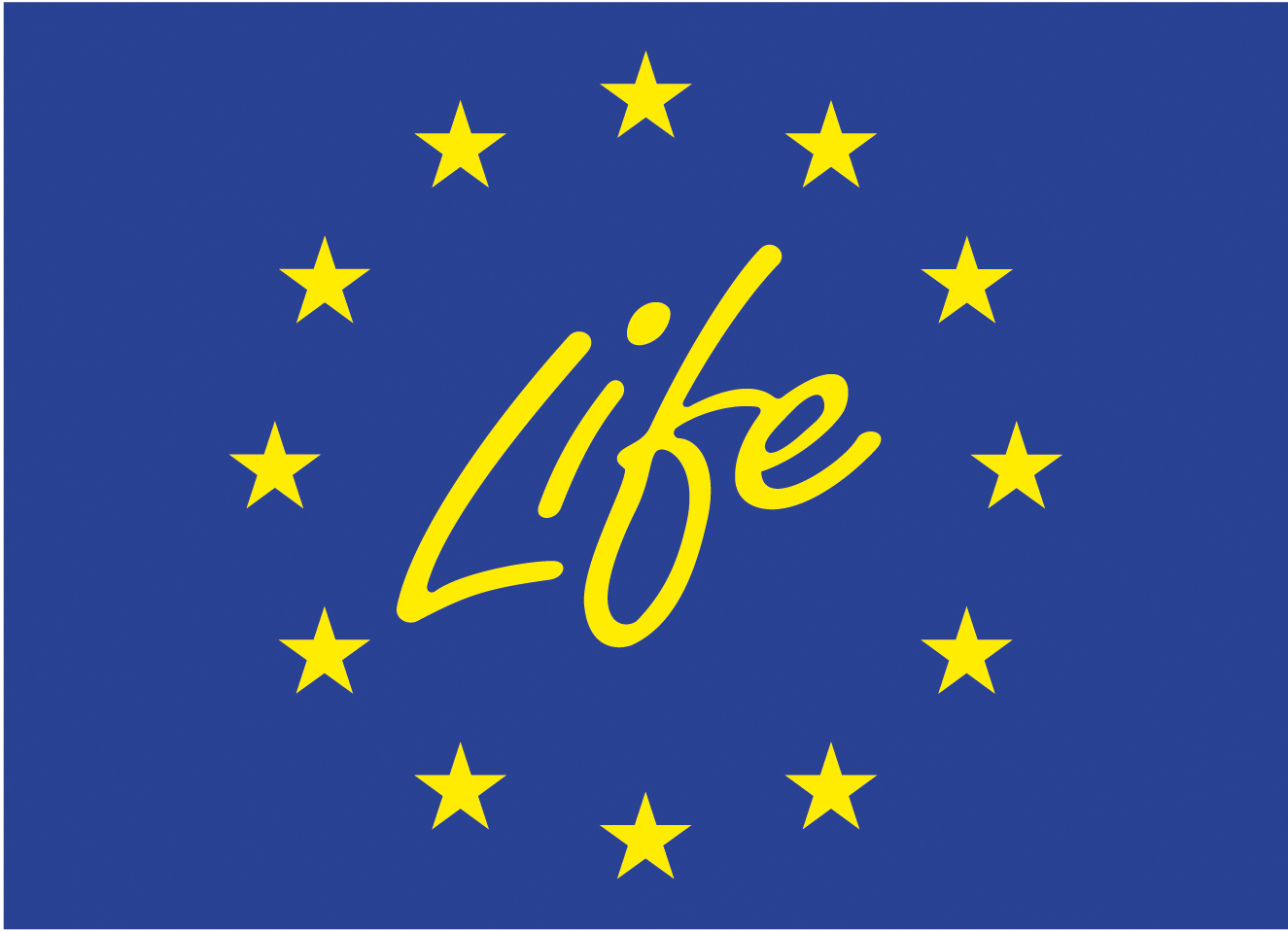CAP updates: Status Strategic Plans, new derogations, feedback performance framework and future CAP network
Approval of CAP 2023-2027 Strategic Plans: Where are we now?
During the EU Agriculture and Fisheries Council configuration (AGRIFISH) meeting on 18 July, gathering Agricultural Ministers of the 27 Member States, Commissioner Wojciechowski announced discussions on the CAP Strategic Plans were finalised for five countries – Denmark, France, Spain, Poland, Portugal. Their plans will be approved in the six coming weeks. Ten other countries are expected to submit their final draft by the end of the summer.
In June, ARC2020 published an article referring to leaked letters from the Commission’s Directorate-Generals for Environment (DG ENV) and Climate Action (DG CLIMA) in which the Commission’s DGs highlight the CAP Strategic Plans’ low ambition in terms of climate and environmental measures. This is in line with our assessment (March 2022) highlighting the lack of support for organic farming in most CAP Strategic Plans.
2023 derogations for crop rotation and maintenance of non-productive areas
On Friday 22 July, the European Commission published a draft implementing regulation to propose derogations for 2023 due to the extraordinary circumstances linked to Ukraine war– as stated in Article 148 of the CAP 2023-2027 Strategic Plans Regulation. On 25 July, 26 Member States out of 27 approved these derogations.
They concern the Good Agricultural and Environmental Conditions (GAEC) 7 on crop rotation and the first requirement of GAEC 8 on the maintenance of non-productive areas.
For GAEC 8, farmers will be forbidden to grow maize and soybean to focus on food production instead of feed production and will have to apply three other requirements.The requirements are:Retention of landscape features; Ban on cutting hedges and trees during the bird breeding and rearing season; as an option, measures for avoiding invasive plant species.
The DG for Agriculture and Rural Development (DG AGRI) estimates show that it could put back 1.5 million hectares in production compared to today. Member States will have the possibility to include (or not include) these derogations directly in their CAP Strategic Plans.
Our feedback to two public consultations
On 30 June, we submitted feedback to the European Commission’s public consultation on CAP 2023-2027 performance framework and data for monitoring and evaluation. We called for a thorough assessment of the evolution of the organic farming and farmland in each Member States to evaluate whether Member States are contributing to Green Deal objectives and the targets set under the Farm to Fork Strategy, in particular the 25% target of organic farmland by 2030. We also called on the European Commission to highlight the benefits of organic farming on the environment and biodiversity compared to other types of farming.
We also submitted another feedback to the European Commission’s public consultation on the future CAP network.Amongst many things, we stressed that, to reach the Farm to Fork target of 25% of organic farmland in Europe by 2030, knowledge exchange and advisory services on organic farming as well as building organic agricultural knowledge and innovation systems (AKIS) are key. We asked to have a seat in the Advisory Board/AGRI Subgroup on Innovation again – assuming it continues to exist.
Please contact [email protected] for questions on the CAP. IFOAM Organics Europe members can find more information on the member extranet and background materials in the arguments database on the member extranet (main messages, arguments/FAQs, visuals & videos). Contact [email protected] for access rights (issues).
Do note that we prioritise our members’ requests. For information about what you can gain from being a member, read our membership page and contact [email protected].

The work of IFOAM Organics Europe on this topic is co-financed by the LIFE programme of the European Union, under the under the Climate, Infrastructure and Environment Executive Agency (CINEA). This publication only reflects the views of the authors and its sole responsibility lies with IFOAM Organics Europe. CINEA is not responsible for any use that may be made of the information provided.

